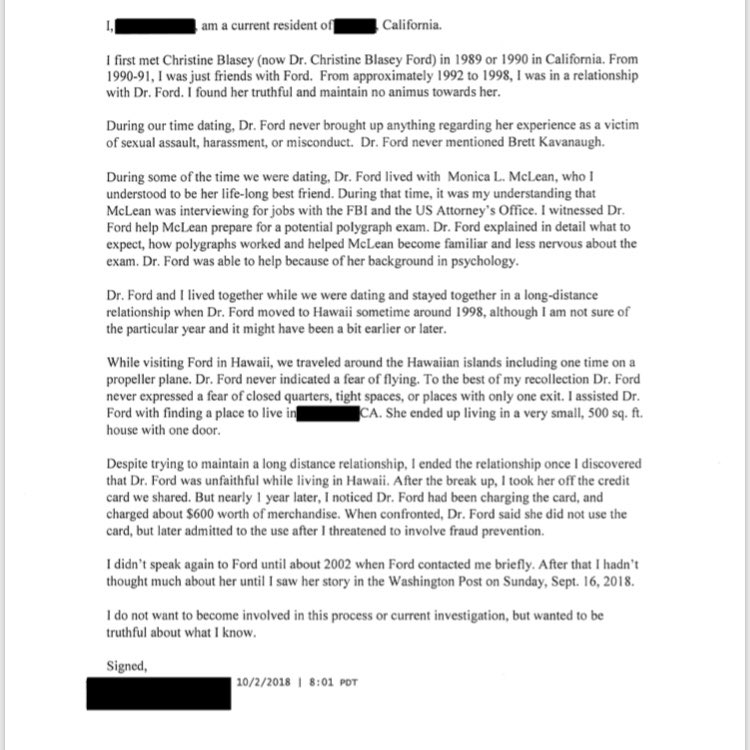The Good Censor – GOOGLE LEAK by on Scribd
The other cyber war…censorship.
Primer:
Google should refuse to develop a censored search engine for China, Vice President Mike Pence said Thursday while criticizing the Communist regime.
“Google should immediately end development of the ‘Dragonfly’ app that will strengthen Communist Party censorship and compromise the privacy of Chinese customers,” Pence said at the Hudson Institute in Washington, D.C.
Pence’s recommendation came amid a broad criticism of China’s domestic repression and international aggression. But his turn towards Google attests to how U.S. leaders also see Beijing’s relationship with American institutions as a source of unwarranted strength for Chinese leaders, even as President Trump takes a more confrontational posture towards the rising Asian power. More here.
Summary background on the 85 page document authored by Google and published by Breitbart:
Leaked Google documents suggest the tech giant wants increased censorship of the internet and believes other internet firms should police debate online.
The 85-page paper, leaked by a Google employee, claims that cyber harassment, racism and people venting their frustrations are ‘eroding’ free speech online.
It says that the ability to post anonymously has ’empowered’ online commenters to express their views ‘recklessly’ and ‘with abandon’.
Censoring the internet could make comment sections safer and more civil for everyone, the report concludes.
The report reads: ‘When they’re angry, people vent their frustrations.
‘But whereas people used to tell friends and family about bad experiences, the internet now provides a limitless audience for our gripes.’
Anonymity of users is also earmarked as a potential danger online, claiming that people were more likely to share abhorrent or radical views due to the lack of accountability.
Racism, hate speech, trolling and harassment are also mentioned in the extensive report, which was leaked to Breitbart.
It adds: ‘Although people have long been racist, sexist and hateful in many other ways, they weren’t empowered by the internet to recklessly express their views with abandon.’
Groups which were once minority have been emboldened to discuss their radical views online as the internet provides them with a safe space to communicate, the report suggests.
In response to the leak, Google insisted the document was not company policy, though it admitted the research was something being considered by top bosses.
Internet rights advocates said that censoring online debate risks hampering free speech and creating an environment in which the views of some groups are not tolerated by big technology firms.
Of harassment, Google says: ‘From petty name-calling to more threatening behaviour, harassment is an unwelcome component of life online for all too many users.’
It goes on to suggest that Google should monitor the tone of what is said as opposed to the content, and that the firm should not adopt a political standpoint in arguments.
‘Shifting with the times’, depending on the mood around censorship, is also not ruled out.
***

 AP
AP


